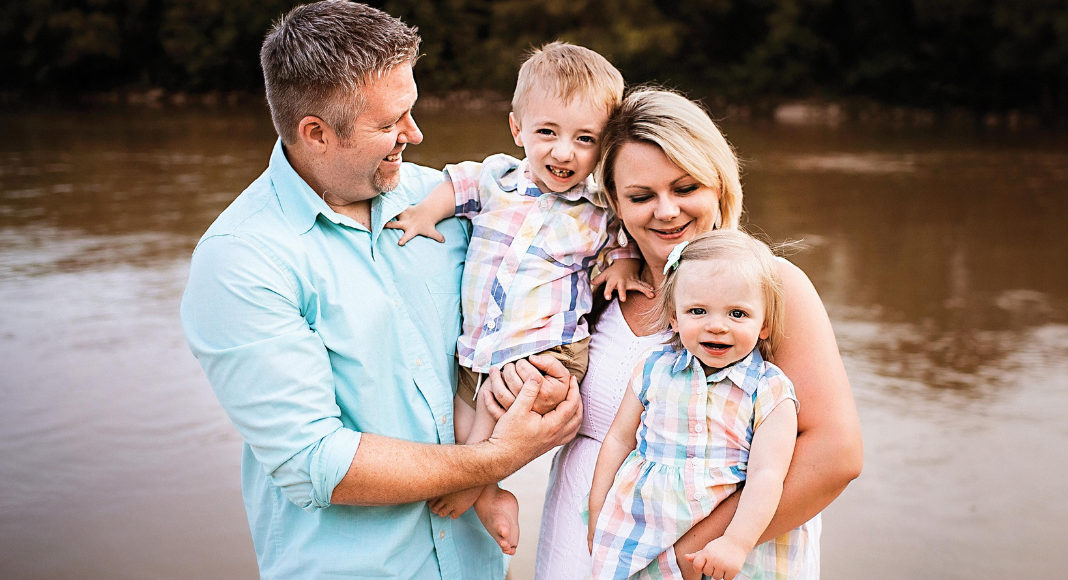 The month of October is synonymous with all things pumpkin spice, college football, and Halloween. It’s also a common awareness month for Breast Cancer, Down Syndrome, and Pregnancy and Infant loss, just to name a few of the more well known causes.
The month of October is synonymous with all things pumpkin spice, college football, and Halloween. It’s also a common awareness month for Breast Cancer, Down Syndrome, and Pregnancy and Infant loss, just to name a few of the more well known causes.
Most people don’t realize it’s also Dwarfism Awareness Month.
I didn’t know such a thing even existed until 6 years ago, this October to be exact. That’s when my son was given a prenatal diagnosis of a skeletal dysplasia, or a form of dwarfism at my 20 week ultrasound. With over 300 different types of dwarfism to learn about, and 4 more months until I could meet my baby, I had my research cut out for me.
In the years since then, I have traveled more than a dozen trips across the country, met people from all walks of life, lived for weeks at a time in a Ronald McDonald House or children’s hospital, endured hellacious surgeries, muddled through IEP’s, and learned to navigate the social waters of being the parent of a child with a disability.
And while we typically welcome questions, sometimes we forget that what is now common knowledge to my family is new information to most.
Here’s a crash course in Dwarfism 101:
• Did you know there are over 300 different types of dwarfism? No, being little does not mean one size fits all (pun intended). Different forms of dwarfism result from different genetic conditions, and therefore result in different complications and issues.
• The most common form of dwarfism is called achondroplasia. Actor Peter Dinklage from Game of Thrones is one of the most well known people with this condition. It affects roughly 1 out of every 25,000 people
• Diastrophic dysplasia (my son’s form of dwarfism) is considered a common recessive form of dwarfism. It only affects 1 out of every 100,000-500,000 people
• In the LP (or Little People) community, non-LP folk are referred to as average height (or AH). This is the preferred term, rather than saying someone is “normal sized.”
• The majority of children born with dwarfism have average sized parents; 80% in fact!
• And on the other end of the spectrum, parents with dwarfism can also have average sized children
• Dwarfism rarely results in cognitive disabilities, and the vast majority of people with dwarfism are of average (or above) intelligence
• While growth hormone and endocrine issues can result in short stature, this is not the most common cause of dwarfism. With the exception of these specific conditions, in general giving growth hormone to a person with dwarfism will not help them grow taller
• The term midget is considered offensive and should be avoided
• Little person, LP, person with dwarfism, or even dwarf are typically preferred terms. Of course, using a person’s name is always the best option when referring to someone
• Dwarfism can result in various orthopedic issues that can require surgery, therapy, and adaptive equipment
• Despite some obvious physical differences, its always important to remember all people are more alike than we are different!
These days it may seem that any and everything has its own week or month to celebrate, but the point is to help spread information about a topic you may not ordinarily pay attention to. Hopefully the next time you see a person with dwarfism, you will remember some of these tidbits. Society’s continued depreciation or pity for those with disabilities can make for some uncomfortable encounters the first time you may meet someone who is obviously physically different from you.
But just remember that Dr Seuss said it best: “A person’s a person no matter how small!”


















Great article Marcella!!